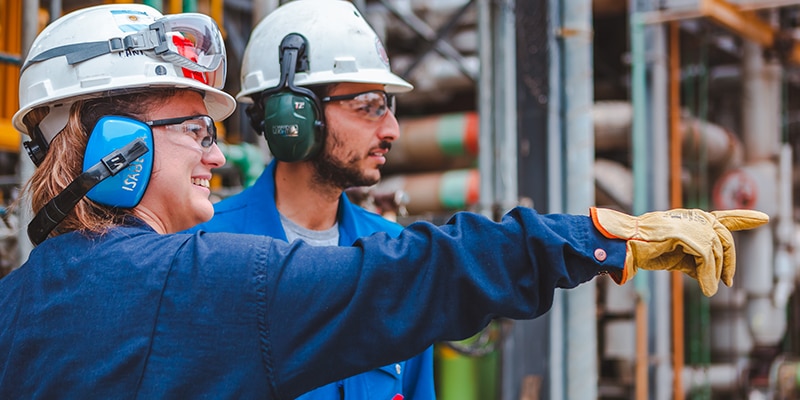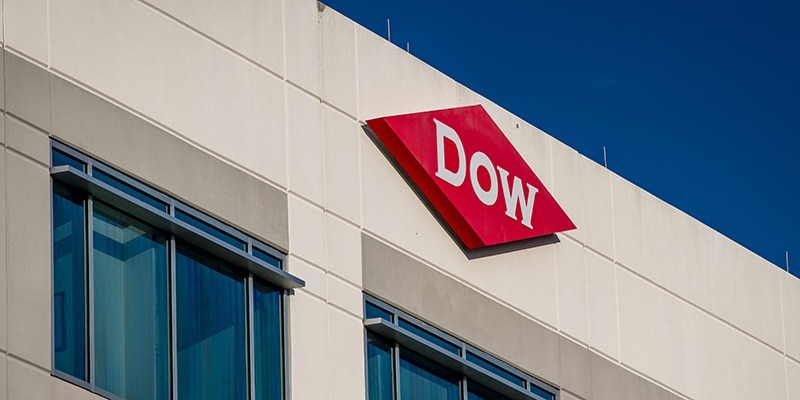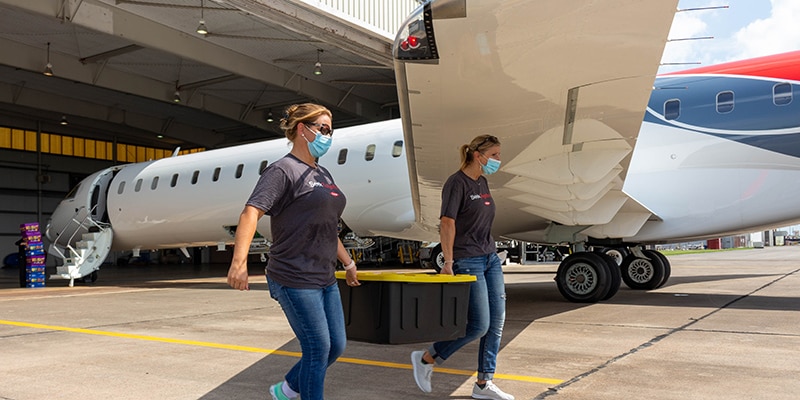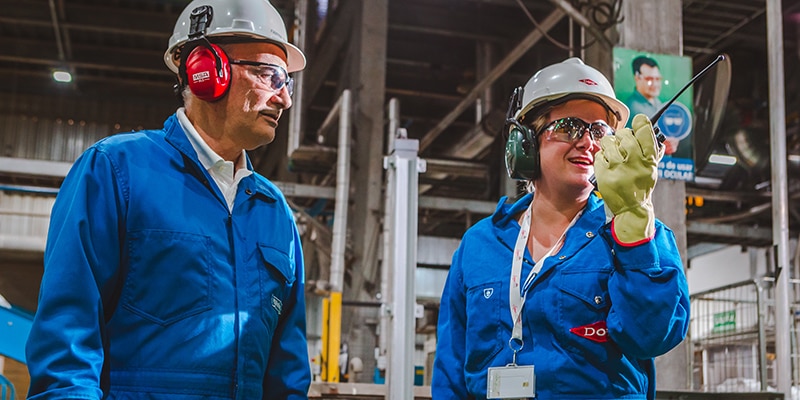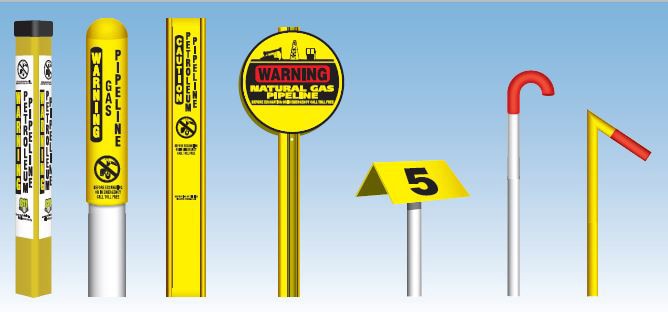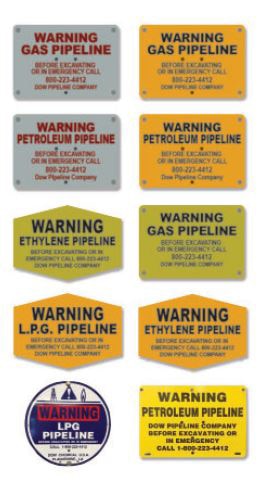The following pipeline companies are subsidiaries of The Dow Chemical Company (TDCC). TDCC and its consolidated subsidiaries (collectively “Dow”) manufacture more than 5,000 products at 214 sites in 37 countries across the globe. Gulf Coast Pipeline is an operating unit of Dow that supports Dow’s Feedstocks and Olefins Businesses.
- The Dow Chemical Company
- Dow Pipeline, LLC
- Dow Intrastate Gas, LLC
- Cayuse Pipeline, LLC
- Dow Hydrocarbons and Resources, LLC
- Seadrift Pipeline, LLC
- UCAR Pipeline, LLC
- UCAR Louisiana Pipeline, LLC
- Dow Hydrocarbons and Resources, LLC - Grand Bayou Operations

